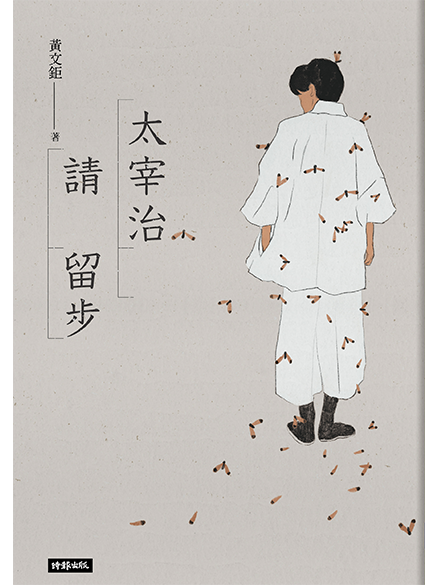In this collection of essays, Huang Wen-Chu casts a self-deprecating eye on the frustration and futility of modern living, while seeking solace in the existential resignation and sardonic wit of early 20th century Japanese novelist Osamu Dazai.
Ozamu Dazai’s suicide in 1948 ended a short life marked by alienation and despair, but his darkly comic autobiographical novels went on to exert an enormous influence over post-war East Asian writers. Taiwanese writer Huang Wen-Chu has experienced his own fair share of woe, and through his writing he has honed a keen eye for the frustrations and contradictions of modern living. In this collection of essays, Huang dissects the vicissitudes of life with frequent references to Dazai, seeking solace in the deceased writer’s ability to manufacture dark humor from the dross of discouragement and despair.
Following in Dazai’s footsteps, Huang’s writing often borders on the absurd. When confronted with his obsessive need to remove every notification from his smart-phone by hand, Huang wonders if some sort of Marie Kondo “sparking joy” add-on might have been secretly installed in his brain. Elsewhere, he addresses the perfect appearances of social media with a digression into the history of humanity’s obsession with beauty, concluding that we will always be the willing victims of desire. His frequent posture of bemused resignation, however, presents no barrier to depth. Huang also writes candidly about the struggles of growing up the son of a depressed mother and the upheaval caused by the death of a close friend.
Packed with cutting observations and satirical wit, Don’t Trouble Yourself Osamu Dazai addresses the frustration and futility that characterize the modern condition. Like his literary idol, Huang serves up an oddly comforting concoction that refuses to ignore the suffering in life, but equally refuses to relinquish laughter in the face of despair.
